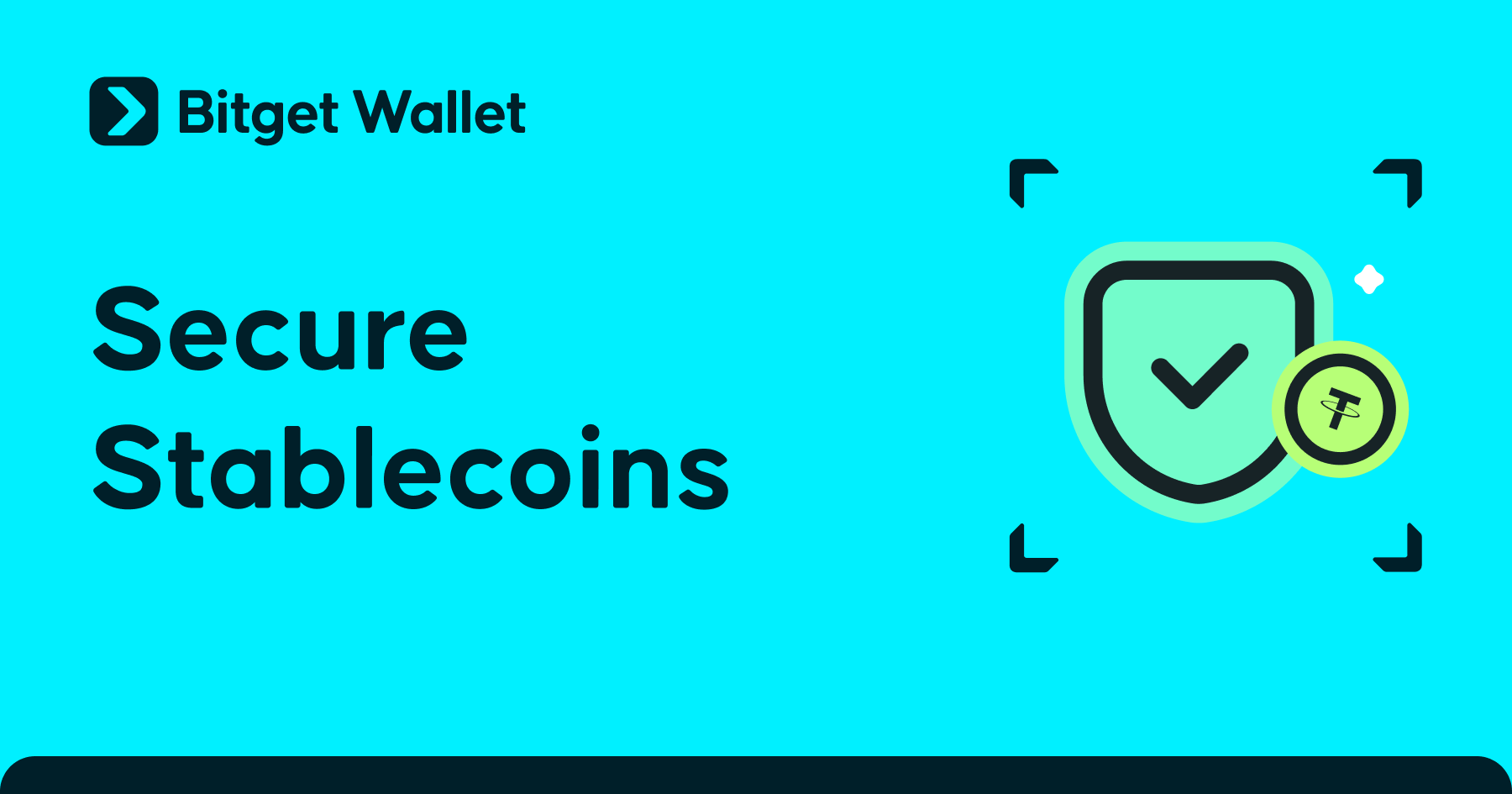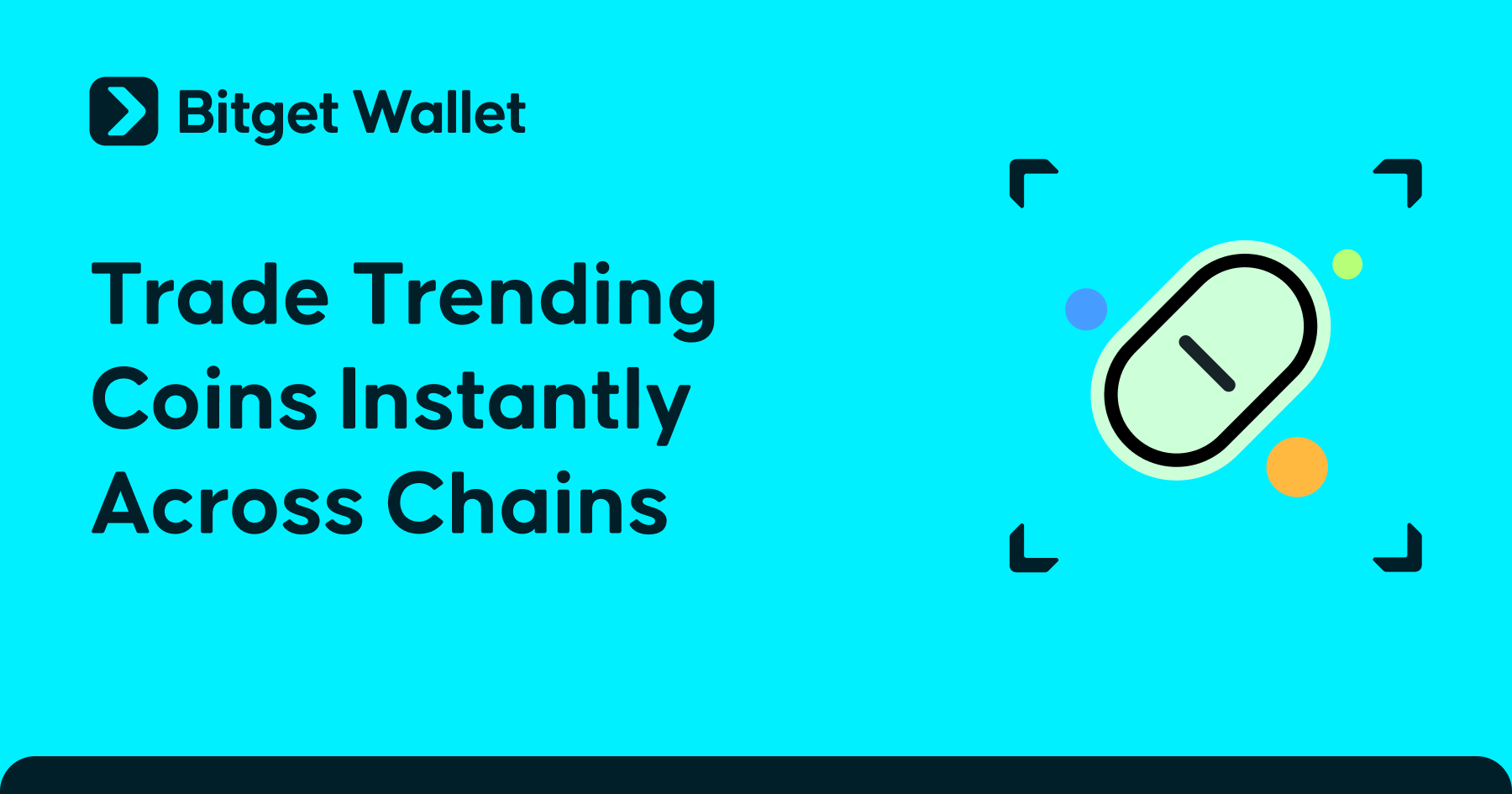Phantom vs Bitget Wallet: Which One Is Better?
Crypto wallets are no longer just digital storage—they’re full-featured gateways to DeFi, NFTs, token swaps, and multichain ecosystems. In 2025, two wallets stand out for different reasons: Phantom Wallet, known for its simplicity and Solana-native experience, and Bitget Wallet, a fast-growing multichain wallet built for everyday use.
So how do these wallets compare on usability, security, supported chains, and Web3 tools? This guide breaks it all down with real user insights, design analysis, and practical use cases.
Key Takeaways
- Phantom is best for Solana-only users. It’s sleek, fast, and ideal for SOL staking and NFTs within the Solana ecosystem.
- Bitget Wallet supports over 90 blockchains. It offers cross-chain swaps, multichain NFT support, and integrated DeFi tools.
- Bitget’s mobile-first design makes it more accessible. Beginners benefit from automatic chain detection and a clean dashboard.
Feature Comparison: Phantom vs Bitget Wallet
Phantom is designed specifically for the Solana network, while Bitget Wallet aims to cover the full Web3 experience across blockchains. Their differences reflect who they’re built for—Solana users vs multichain participants.
Side-by-Side Wallet Features
| Feature | Phantom Wallet | Bitget Wallet |
| Blockchain Support | Solana only | 90+ (ETH, BNB, Polygon, etc.) |
| Token Swap | SOL/SPL only | Cross-chain swaps |
| NFT Support | Solana NFTs | Multichain NFT gallery |
| dApp Access | Solana-only | Multichain dApp browser |
| Portfolio Tracking | No | Yes (real-time dashboard) |
| Developer Tools | None | Minimal |
| UI/UX | Clean, browser-based | Mobile-first, beginner-ready |
Summary:
Phantom is ideal for Solana-focused users. Bitget is a full-featured wallet for managing multichain assets and NFTs in one place.
How Bitget Wallet Handles Token Swaps
Swapping tokens across chains is now essential. Bitget Wallet simplifies this with its integrated cross-chain swap aggregator.
Fast Cross-Chain Swaps, No Gas Tokens Needed
Bitget Wallet supports gasless swaps between blockchains. Want to move USDT from Ethereum to BNB Chain? It handles the process, often using stablecoins to cover gas costs automatically.
Swap Tools Built for Daily Use
- Supports both intra-chain and cross-chain swaps
- Aggregates liquidity from major DEXs
- Built-in slippage and price controls
- One-click execution without complex RPC setup
Why It Beats Phantom for Swaps:
Phantom only swaps within Solana (SOL to SPL tokens). Bitget Wallet handles dozens of swap combinations across networks—ideal for traders, DeFi users, and NFT collectors.
Security Comparison: Phantom and Bitget Wallet
Both wallets are non-custodial—you control your keys. But their security features differ in depth and automation.
Phantom Wallet Security
- Self-custody via seed phrase
- Compatible with Ledger hardware wallet
- Focuses on Solana-native security
- Does not include phishing link detection or 2FA
Bitget Wallet Security
- DESM encryption for private data
- Built-in phishing link scanner for dApps
- Optional two-factor authentication (2FA)
- Biometric login (fingerprint, Face ID)
- Ledger compatibility
Summary:
Phantom is secure for Solana activity. Bitget goes further with multichain protection, phishing defense, and user-side safeguards.
Quick Comparison Table
| Category | Phantom Wallet | Bitget Wallet |
| Chain Support | Solana only | 90+ blockchains |
| NFT Integration | Solana NFTs | Multichain NFTs |
| Swaps | SOL/SPL only | Cross-chain & gasless swaps |
| Staking | SOL | ETH, BNB, Arbitrum, more |
| dApp Access | Solana dApps | Multichain Web3 dApps |
| Mobile App | Yes | Yes |
| Security Tools | Basic | Biometric, 2FA, DESM, scanner |
| Best For | Solana users | DeFi, NFTs, multichain users |
Ease of Use for Beginners
Wallets should make Web3 easier—not harder. Here’s how these two compare for new users.
Phantom Experience
Phantom offers a quick setup and clean interface. But it assumes users only need Solana and offers no help with other networks.
Bitget Wallet Experience
Bitget automatically detects assets, chains, and NFTs. It reduces friction with built-in swaps and no RPC setup needed.
Summary:
Phantom is easy—if you’re only on Solana. Bitget makes multichain crypto simple for everyone.
NFT and dApp Integration
NFTs and dApps are core to modern crypto usage.
- Phantom: Solana-only NFTs. Compatible with Magic Eden and Solana marketplaces.
- Bitget: Multichain NFT gallery + built-in NFT trading UI. View, sort, and manage NFTs across chains.
- dApp access: Bitget’s built-in browser supports Ethereum, BNB, Arbitrum dApps natively.
Summary:
Bitget Wallet is better if you collect NFTs across multiple ecosystems or use DeFi beyond Solana.
Community Growth and User Trends
Adoption reflects user needs. Bitget is growing fastest in regions where mobile-first DeFi is taking off.
Bitget Wallet Growth
- 30M+ users globally
- Strong presence in Asia, LATAM, Africa
- 1.6M new downloads in July 2024 alone
- Reasons: intuitive UI, cross-chain tools, mobile-first design
Phantom Growth
- Popular within the Solana ecosystem
- Limited to users active in Solana DeFi/NFT
- No multichain expansion announced as of 2025
Which Wallet Should You Choose?
Choose Phantom Wallet if:
- You only use Solana
- You stake SOL regularly
- You want a clean, fast interface without extra tools
Choose Bitget Wallet if:
- You hold assets on multiple chains (ETH, BNB, Polygon, etc.)
- You want to swap tokens without high fees or extra apps
- You use NFTs, DeFi, or GameFi on multiple platforms
- You want built-in security features and a mobile-first design
Summary:
Phantom is purpose-built for Solana. Bitget is designed for the full Web3 experience.
Conclusion
In 2025, crypto wallets are more than storage—they’re your interface with Web3.
Phantom Wallet is excellent for Solana-only users. But for anyone using Ethereum, BNB Chain, or trading NFTs across platforms, Bitget Wallet offers more flexibility, better swap tools, and stronger user protection.
Want to try it out?
FAQs
1. Can I use Phantom and Bitget Wallet together?
Yes. Many users hold Phantom for Solana and Bitget Wallet for multichain management, swaps, and NFTs.
2. Is Bitget Wallet secure?
Yes. It uses encryption (DESM), biometric login, phishing detection, and supports 2FA and hardware wallets.
3. Can Bitget Wallet swap tokens across chains?
Yes. Bitget enables seamless cross-chain swaps—often gasless—using built-in DEX aggregators.
Risk Disclosure
Please be aware that cryptocurrency trading involves high market risk. Bitget Wallet is not responsible for any trading losses incurred. Always perform your own research and trade responsibly.
- What Is Crypto Fear and Greed Index: How Traders Read Fear vs Greed Signals2025-11-19 | 5 mins
- How to Pay with Crypto: Fast, Safe, and Beginner-Friendly Method2025-11-18 | 5 mins
- How to Convert Your Crypto to Cash: 5 Easy Ways for Beginners2025-11-18 | 5 mins


















